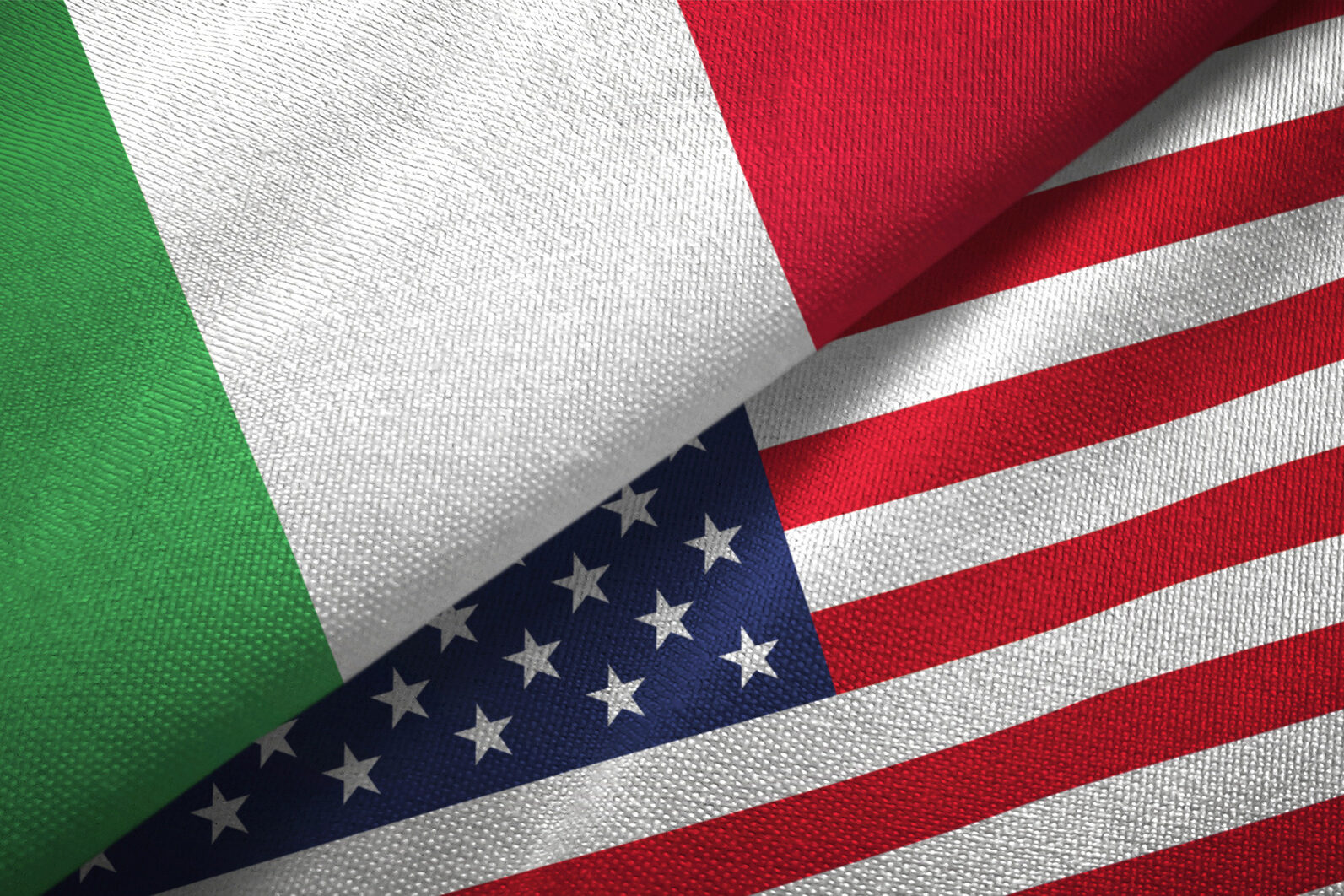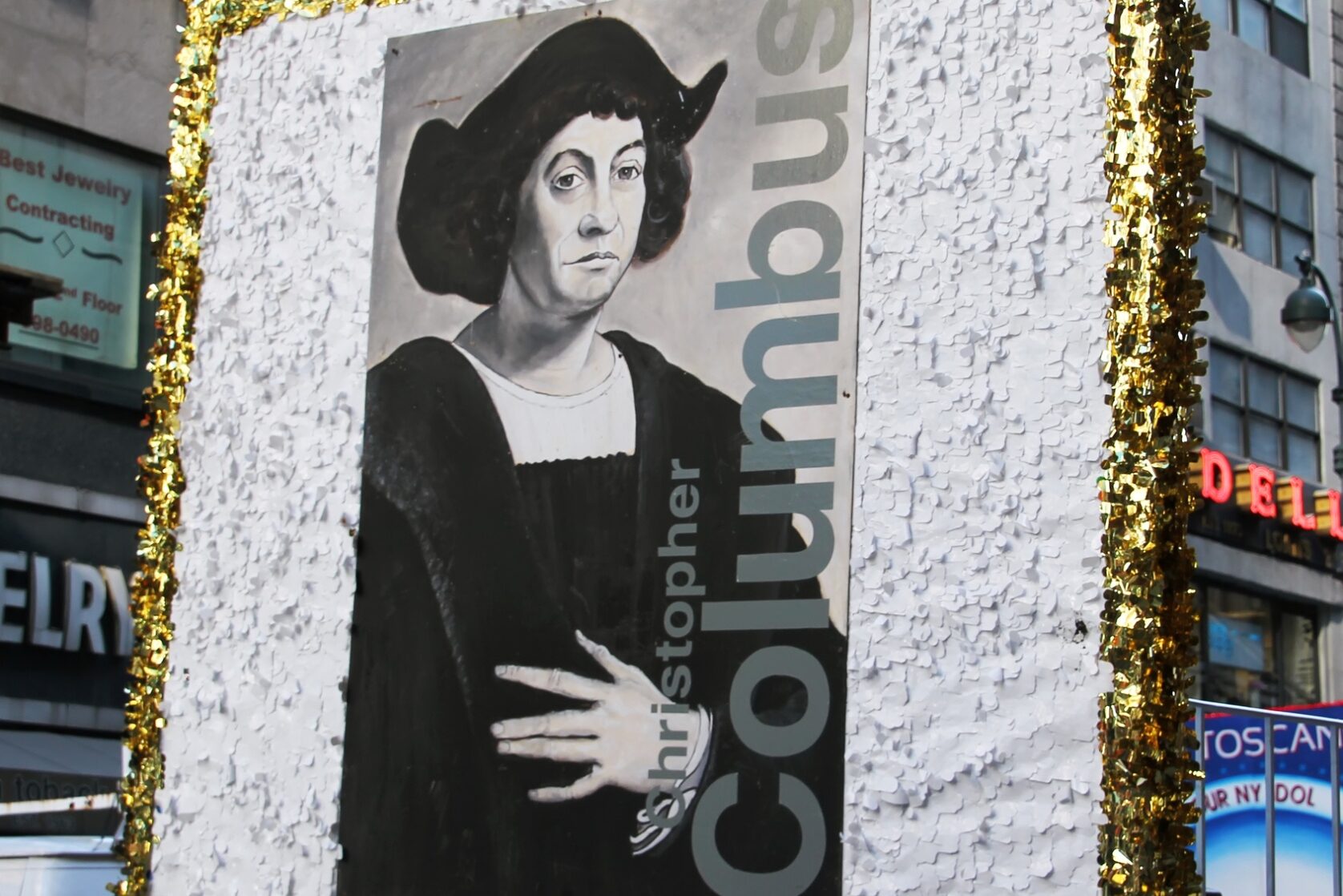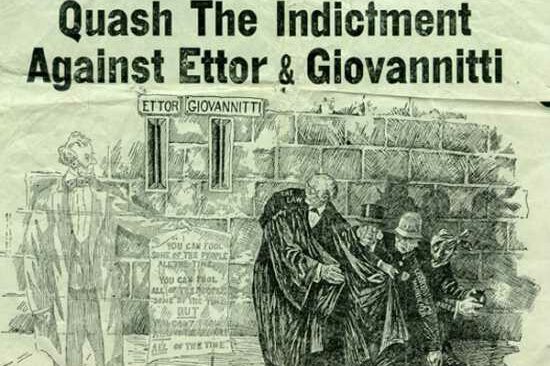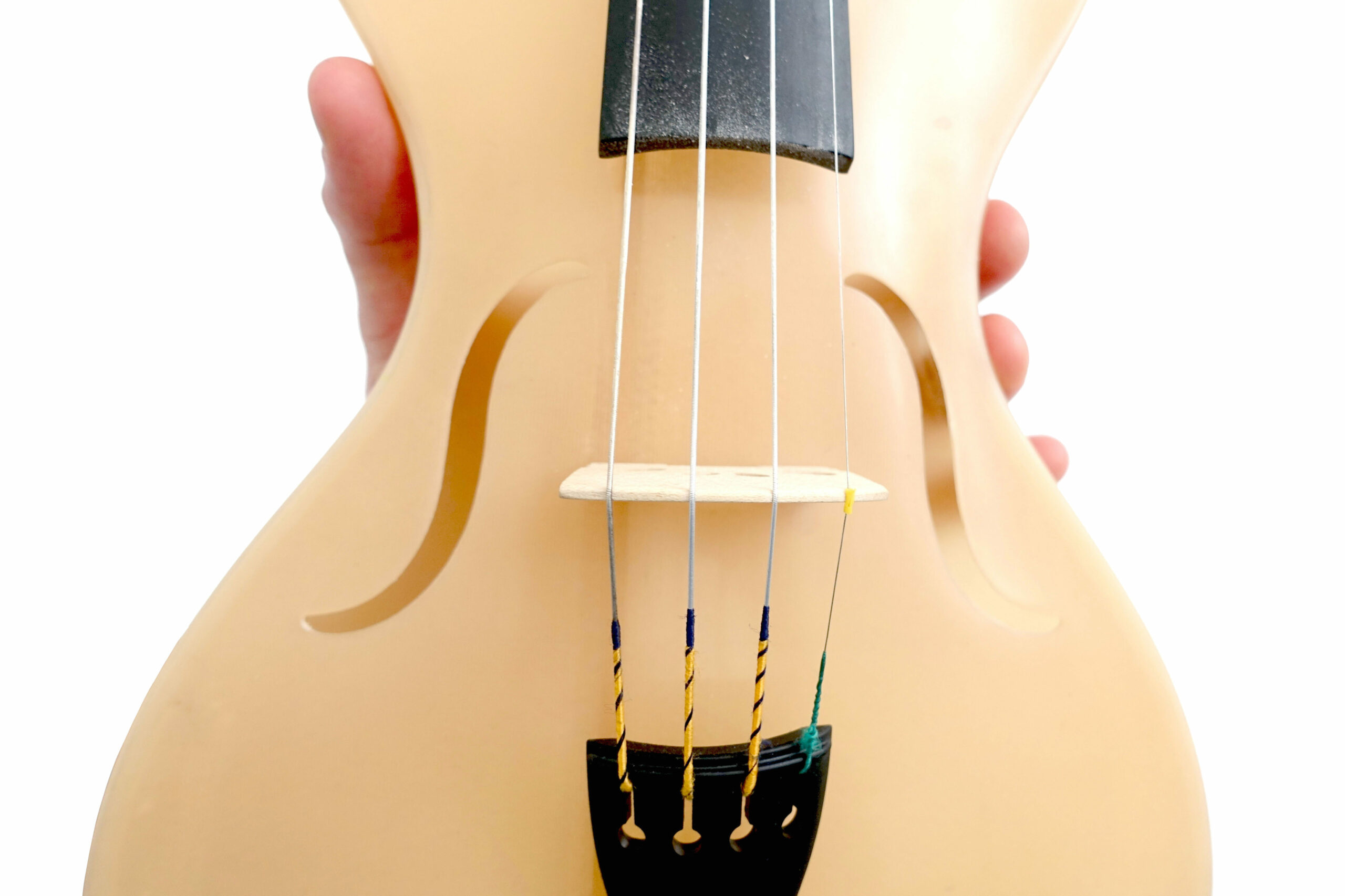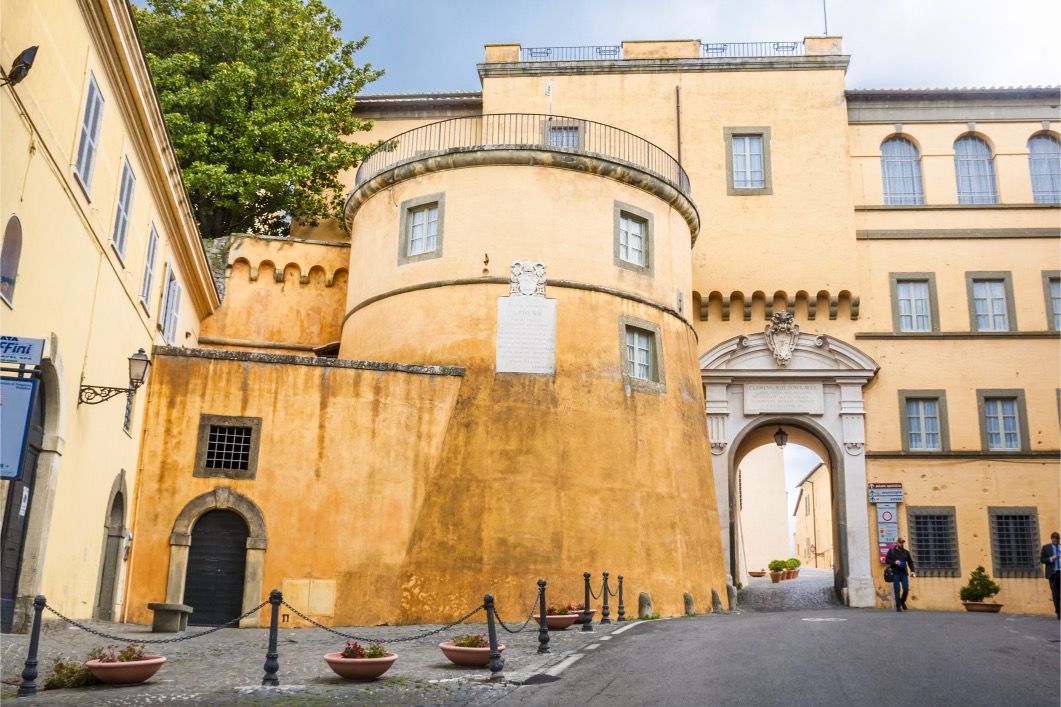Dear Readers,
The same boat, but a different float…
Figuratively speaking, all of our parents were “in the same boat” when they began their voyage across the Atlantic Ocean. However, when Marisa Colombo Russo of Salinas, California, wrote the story of her first class crossing in 1933 on the luxury liner S.S. Conte di Savoia and shared it with me, I became very aware that, although everybody was in the same boat, making the crossing in first class instead of steerage was, amenities-wise, akin to crossing the Atlantic in a yacht versus a rowboat.
Marisa Colombo Russo was born in Genova, Italy on May 17, 1926. Her father, Angelo Colombo, was a purser on the luxury liners of the day and was away from home as long as three months at a time. In 1929 Italy was just beginning to unite under Mussolini’s new regime, and her father, although sympathetic, did not want to join the party — a must if you were to have a job in Italy. So he and his family sailed to the US.
A year later Marisa, who was then seven, was accompanied by her paternal grandmother on a trip back to Italy for a summer vacation at their country home in Travo.
As Marisa remembers, “Our accommodations were luxurious! Because first class was virtually deserted due to the Depression, we were given ‘royal quarters’! The S.S. Conte di Savoia was a true floating palace.
“Our state room was wallpapered in gold brocade, and all the blankets and spreads were crimson in color. During the trip, we especially enjoyed the company of a very nice Italian priest: Father Rinaldi became our chaperone and proved very helpful when we visited Casablanca and Monaco.
“I soon found first class a very solitary place. The only passengers on that voyage were Prince Umberto of Savoia, who kept to himself in his ‘royal quarters,’ a middle-aged lady from Monaco who wore so many jewels she sparkled like a Christmas tree, her ten dogs, all housed in a special kennel on the deck, and a young couple who were just seen at meals, probably honeymooners.
“I did make some friends in the ship’s playroom, but as usual I preferred adult company and many a day I would entertain these passengers with my recital of various poems of ‘adult caliber.’ Soon I had my own fans and I was less lonely.
“The gala dinner took place on our fifth day at sea. We were nearing the end of our journey. The dinner was an extra special event, and in first class, formal attire was required. Since the ‘lonely’ Italian Crown Prince Umberto had been in his private quarters most of the journey, the Captain thought it only proper to invite him to his table to share the gala dinner and entertainment. He accepted with pleasure and about sixty guests were rounded up from second class, all specially selected, of course.
Father Rinaldi, a bit of a royalist, was thrilled to be given the honor to ‘break bread’ with the son of his King Emmanuel!
“My grandmother, the eternal busybody that she was, had previously met the Captain through my father the evening of our departure. She asked him if he would like me to recite a very moving poem entitled ‘The Last Farewell to Italy of the Italian Emigrant’ (L’addio all’Italia dell’Emigrante).
The orchestra finally struck up the Marcia Reale (Royal Anthem), and everyone stood up… then the lights dimmed and it was my turn. I took my usual bow…I was on! I delivered the touching verses with all my heart and soul. After all, I knew how an emigrant felt in his heart. I was one myself! I must admit, my beautiful ode was a true tear-jerker and in the end, there wasn’t a dry eye in the room.
“When I took my last bow, the Prince rushed up to shake my trembling hand. He congratulated me and placed an ever-so-gentle kiss on my forehead, then patted my cheek. “Brava!” he said. Then he took me by the hand and walked me over to where my proud grandmother was seated and thanked her for the wonderful gift offered to the Royal Family and the Country!
***
My father Vincenzo did not embrace air travel and only would travel afar by ship. By the 1970s, the cost of running these big expensive luxury liners was too high, the airlines were unbeatable competitors and despite generous subsides from the Italian Government by 1875-1976 the great days of the Italian Line and their Luxury passenger fleet were over. My father Vincenzo finally took to air travel.
***
Cari lettori,
Sulla stessa barca, ma galleggiando in modo diverso…
In senso figurato, tutti i nostri genitori erano “sulla stessa barca” quando hanno attraversato l’Oceano Atlantico. Tuttavia, quando Marisa Colombo Russo di Salinas, California, ha scritto la storia della sua traversata in prima classe nel 1933 sul lussuoso transatlantico S.S. Conte di Savoia e l’ha condivisa con me, mi sono resa conto che, sebbene tutti fossero sulla stessa barca, fare la traversata in prima classe invece che in terza classe è stato, dal punto di vista dei servizi, come attraversare l’Atlantico su uno yacht invece che su una barca a remi.
Marisa Colombo Russo è nata a Genova il 17 maggio 1926. Suo padre, Angelo Colombo, era un commissario di bordo sui transatlantici di lusso dell’epoca e si assentava da casa anche per tre mesi alla volta. Nel 1929 l’Italia stava iniziando a unirsi sotto il nuovo regime di Mussolini e suo padre, pur simpatizzando, non volle aderire al partito – un obbligo per avere un lavoro in Italia. Così lui e la sua famiglia si imbarcarono per gli Stati Uniti.
Un anno dopo Marisa, che allora aveva sette anni, fu accompagnata dalla nonna paterna in un viaggio di ritorno in Italia per le vacanze estive nella loro casa di campagna a Travo.
Come ricorda Marisa, “la nostra sistemazione era lussuosa! Poiché la prima classe era praticamente deserta a causa della Depressione, ci fu dato un ‘alloggio reale’! La S.S. Conte di Savoia era un vero e proprio palazzo galleggiante”.
“La nostra stanza di Stato era tappezzata di broccato d’oro e tutte le lenzuola e le coperte erano color cremisi. Durante il viaggio abbiamo apprezzato particolarmente la compagnia di un prete italiano molto simpatico: Padre Rinaldi divenne il nostro accompagnatore e si dimostrò molto utile quando visitammo Casablanca e Monaco”.
“Ho trovato presto la prima classe un posto molto solitario. Gli unici passeggeri di quel viaggio erano il principe Umberto di Savoia, che se ne stava per conto suo nel suo “alloggio reale”, una signora monegasca di mezza età che indossava così tanti gioielli da scintillare come un albero di Natale, i suoi dieci cani, tutti sistemati in una cuccia speciale sul ponte, e una giovane coppia che si vedeva appena ai pasti, probabilmente in luna di miele. Mi feci degli amici nella sala giochi della nave, ma come al solito preferivo la compagnia degli adulti e molti giorni intrattenevo questi passeggeri con la recita di varie poesie di ‘calibro adulto’. Presto ebbi i miei fan e mi sentii meno sola”.
“La cena di gala ebbe luogo il quinto giorno di navigazione. Stavamo per concludere il nostro viaggio. La cena era un evento speciale e in prima classe era richiesto un abbigliamento formale. Poiché il ‘solitario’ principe ereditario italiano Umberto era rimasto nel suo alloggio privato per la maggior parte del viaggio, il capitano ritenne opportuno invitarlo al suo tavolo per condividere la cena di gala e l’intrattenimento. Il principe accettò con piacere e vennero radunati circa sessanta ospiti dalla seconda classe, ovviamente tutti appositamente selezionati.
Padre Rinaldi, un po’ concreto, fu entusiasta di avere l’onore di “spezzare il pane” con il figlio del suo Re Emanuele!
Mia nonna, da eterna impicciona qual era, aveva già incontrato il Capitano tramite mio padre la sera della nostra partenza. Gli chiese se voleva che io recitassi una poesia molto commovente intitolata ‘L’addio all’Italia dell’emigrante’.
L’orchestra suonò la Marcia Reale e tutti si alzarono in piedi… poi le luci si abbassarono e arrivò il mio turno. Feci il mio solito inchino… ero in scena! Pronunciai le toccanti strofe con tutto il cuore e l’anima. Dopo tutto, sapevo cosa prova un emigrante nel cuore. Lo ero io stessa! Devo ammettere che la mia bellissima ode fu davvero strappalacrime e alla fine non ci fu un occhio asciutto in sala”.
“Quando feci l’ultimo inchino, il Principe si precipitò a stringere la mia mano tremante. Si congratulò con me e mi diede un bacio dolcissimo sulla fronte, poi mi accarezzò la guancia. ‘Brava!’, mi disse. Poi mi prese per mano e mi accompagnò fino a dove era seduta la mia orgogliosa nonna, ringraziandola per il meraviglioso dono offerto alla Famiglia Reale e al Paese!”
***
Mio padre Vincenzo non amava i viaggi in aereo e si spostava solo in nave. Negli anni Settanta, i costi di gestione di queste grandi e costose navi di lusso erano troppo elevati, le compagnie aeree erano concorrenti imbattibili e, nonostante le generose sovvenzioni del governo italiano, tra il 1875 e il 1976 i grandi giorni della Compagnia Italiana e della sua flotta di lusso finirono. Mio padre Vincenzo si convertì infine ai viaggi in aereo.




